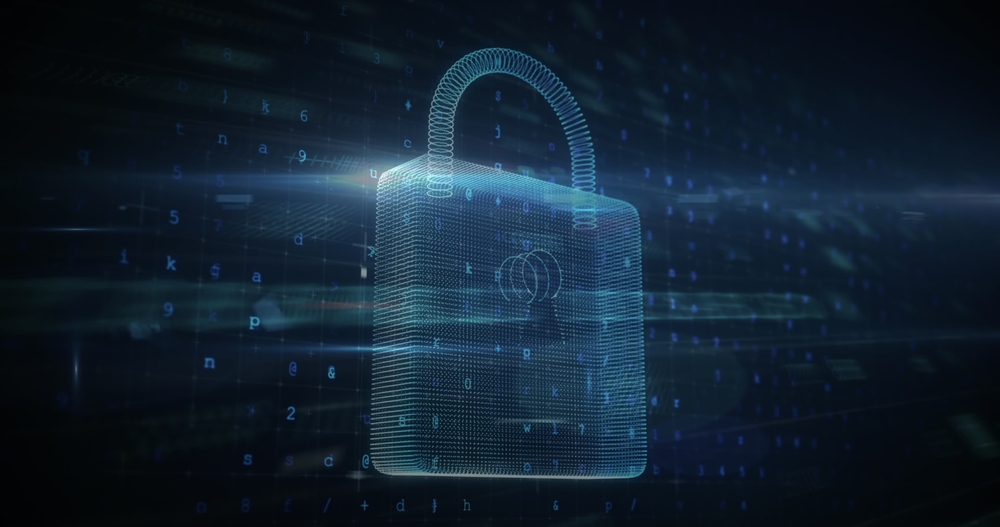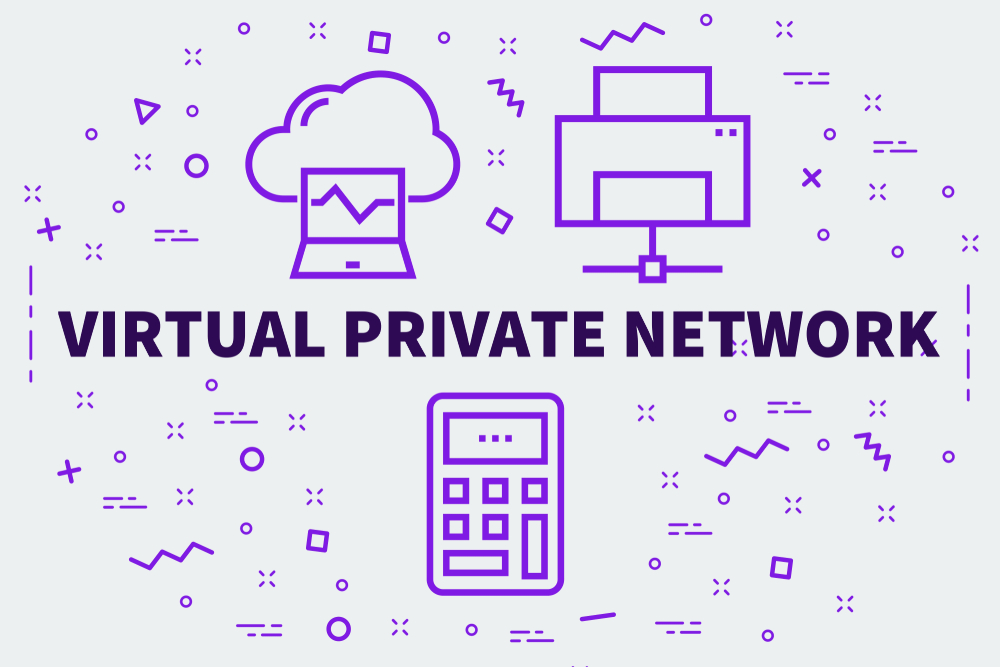How VPNs Can Enhance Data Security for Remote Workers
How VPNs Can Enhance Data Security: In the era of remote work, ensuring data security has become a top priority for businesses. With employees accessing company networks from various locations, often over unsecured networks, the risk of data breaches and cyber threats has increased significantly. Virtual Private Networks (VPNs) have emerged as a crucial tool for protecting sensitive information and maintaining secure communications in this decentralized work environment.
What is a VPN?
A Virtual Private Network (VPN) is a service that encrypts your internet connection and routes it through a secure server, masking your IP address and making your online activities private. VPNs create a secure tunnel between the user’s device and the internet, ensuring that data transmitted over the network is protected from prying eyes, including hackers, ISPs, and other potential threats.
Why VPNs are Essential for Remote Workers
When employees work remotely, they often connect to the internet using public Wi-Fi networks, which are typically less secure than private networks. These public networks can be a hotspot for cybercriminals looking to intercept sensitive information, such as login credentials, financial data, or confidential business communications. VPNs help mitigate these risks by encrypting all data transmitted between the remote worker’s device and the company’s network, making it difficult for unauthorized parties to access this information.
Benefits of Using VPNs for Data Security
How VPNs Can Enhance Data Security
1. Encryption of Data
One of the primary benefits of a VPN is the encryption of data. VPNs use strong encryption protocols, such as AES-256, to protect data in transit. This means that even if a cybercriminal manages to intercept the data, they will not be able to decipher it without the encryption key. This level of security is particularly important for protecting sensitive information, such as customer data, financial transactions, and intellectual property.
2. Secured Remote Access
VPNs provide remote workers with secure access to the company’s internal network. This is crucial for accessing resources that are not available over the public internet, such as internal servers, databases, or intranet sites. With a VPN, remote workers can safely connect to the company’s network from anywhere in the world, ensuring that their activities remain protected by the same security measures as if they were working from the office.
3. Protection Against Cyber Threats
Remote workers are often more vulnerable to cyber threats, such as phishing attacks, malware, and man-in-the-middle attacks, particularly when using unsecured networks. A VPN adds an additional layer of security by masking the user’s IP address and encrypting their internet traffic. This makes it more difficult for cybercriminals to target remote workers and compromise their data.
4. Bypassing Geographical Restrictions
In some cases, remote workers may be located in regions where certain online services or websites are restricted or censored. VPNs allow users to bypass these geographical restrictions by connecting to a server in a different location. This not only ensures that remote workers have access to the tools and resources they need to do their jobs, but it also helps maintain the integrity and security of their communications.
5. Maintaining Privacy
For remote workers who frequently travel or work from different locations, privacy is a significant concern. VPNs help maintain privacy by masking the user’s IP address and preventing third parties from tracking their online activities. This is particularly important for protecting sensitive business communications and ensuring that confidential information remains private.

Implementing VPNs in Your Organization
How VPNs Can Enhance Data Security
To maximize the benefits of VPNs for remote work, businesses should implement a comprehensive VPN policy. This includes:
- Choosing the Right VPN Provider: Select a VPN provider that offers strong encryption, a no-logs policy, and a wide range of server locations. Ensure that the VPN service is reliable and offers fast connection speeds to avoid disruptions in productivity.
- Enforcing VPN Use: Make it mandatory for all remote workers to use a VPN when accessing company networks or transmitting sensitive data. Provide training on how to use the VPN and ensure that employees understand the importance of using it consistently.
- Regularly Updating VPN Software: Ensure that the VPN software is regularly updated to protect against new security vulnerabilities. This includes both the VPN client software used by employees and the VPN server software managed by the IT department.
- Monitoring and Auditing VPN Usage: Regularly monitor and audit VPN usage to ensure compliance with company policies and to detect any potential security issues. This can help identify unusual activity, such as unauthorized access attempts, and take appropriate action to mitigate risks.
Conclusion
How VPNs Can Enhance Data Security: As remote work continues to grow in popularity, businesses must prioritize data security to protect their sensitive information and maintain the trust of their customers. VPNs are an essential tool for enhancing data security in a remote work environment, offering encryption, secure remote access, and protection against cyber threats. By implementing a robust VPN policy, organizations can ensure that their remote workers remain productive and secure, no matter where they are located.
For more information on IT services and data security solutions, visit NABCO IT Services.
How VPNs Can Enhance Data Security; For professional assistance with data security, contact us to ensure your organization is protected with the latest security measures.
Read more related articles to enhance your knowledge
What is Data Security? The Ultimate Guide
Why Data Security Matters: Protecting Your Information in a Digital World



